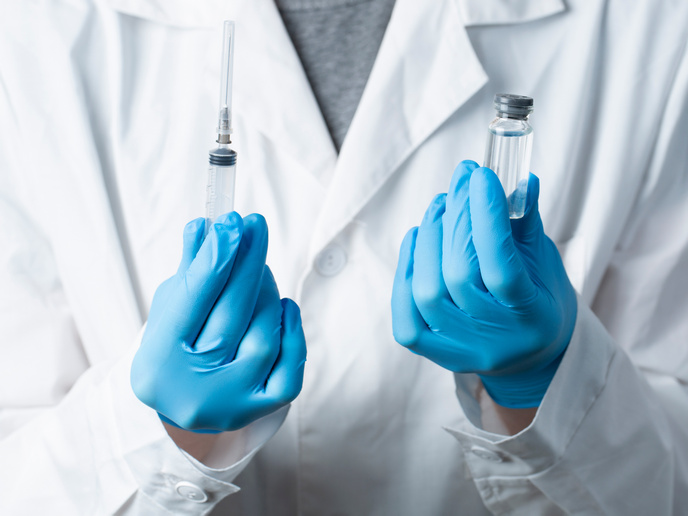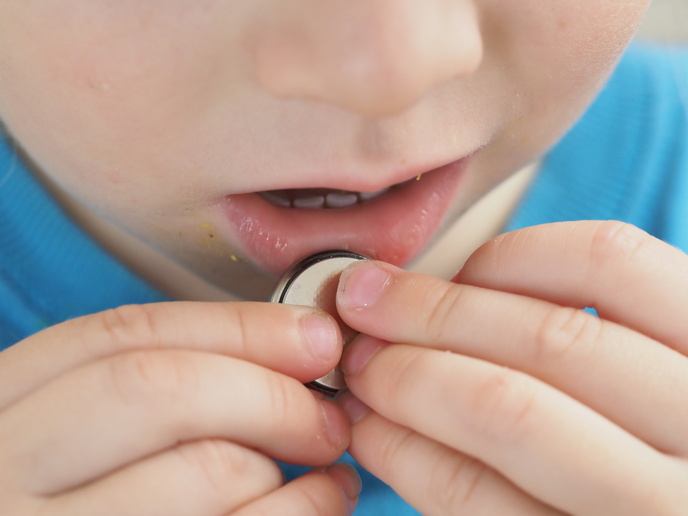A breakthrough for precision medicines
Precision medicine is revolutionising healthcare, particularly as to treating cancer and infections. For example, recent studies have shown that the use of protein-based immunological treatments result in certain cancer types going into remission. “Proteins and even pieces of them, called peptides, are important disease biomarkers and promising therapy targets with tremendous potential for precision medicine,” says Cesar Pascual, a researcher at the Luxembourg Institute of Science and Technology(opens in new window) (LIST). “Yet the implementation of these novel therapies is facing challenges in terms of the variety of targets and subsequent specificity, sensitivity, throughput and cost.” With the support of the EU-funded ElectroMed(opens in new window) project, LIST is leading an effort to not only address these challenges, but also help take precision medicine to the next level.
Overcoming a major bottleneck in precision medicine
At the heart of the project is an innovative sensing platform with in situ peptide synthesis. “Our hypothesis was that we could programme sensors with the candidate neoepitopes using electrochemical microreactors that can be built by the hundreds of thousands into a microchip such as the ones inside our mobile phones,” explains Pascual. Neoepitopes are modifications in small fragments of cancer proteins. Using the platform, researchers were able to detect the interaction of the immune system’s molecules with these neoepitopes. According to Pascual, being able to detect neoepitopes within this setting represents a significant breakthrough, overcoming one of the biggest bottlenecks in the development of precision treatments. “This finding is important because reproducing these fragments has been shown to be an effective strategy for developing personalised vaccines for treating such severe conditions as pancreatic cancer,” he adds. The technique can also be used to provide quality control to candidate neoepitopes, providing better information than what traditional assays can offer – which is paramount for the development of medical applications.
Bringing a direct benefit to the well-being of patients
The project’s success is a direct result of its multidisciplinary team(opens in new window). “Even though we basically started from scratch, by combining the collective expertise of our partners, we were able to develop a prototype of the ElectroMed platform,” notes Pascual. While the project itself is now finished, the ElectroMed partners continue to work together, with a focus on consolidating the project’s proof of concept. “Our end goal is to reach a performance level comparable to, if not better than, existing technologies and to bring our solution to the market, where I am confident it will have an immediate impact on the well-being of patients,” concludes Pascual. Some of the project’s partners are also involved in PROFET-SEQ(opens in new window), a project funded by the Luxembourg National Research Fund that is investigating how the sensors developed by the ElectroMed project could be used in new protein sequencing and analysis devices







